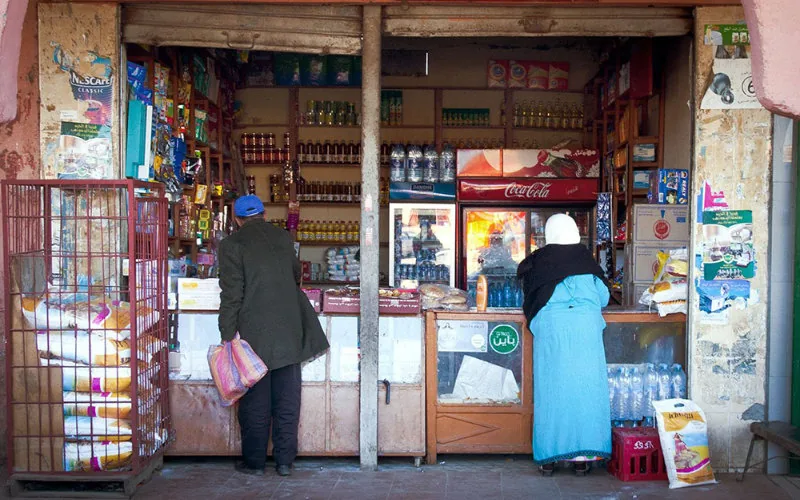Morocco Pushes Digital Payments, Targeting Small Shopkeepers in Informal Economy

The Moroccan government is working on generalizing electronic payment for all categories of society. Small shopkeepers, commonly called "Moul l’hanout" in Morocco, are now concerned.
The integration of "Moul l’hanout" into the electronic payment system constitutes a decisive turning point, given the vital role this category plays in the informal economy, and its potential as a fundamental lever to broaden the base of financial inclusion and modernize commercial transactions in neighborhoods and popular markets, according to observers.
The expansion of electronic payments is part of the national strategy to reduce cash transactions, due to their consequences on tax evasion and the difficulty in controlling financial flows. It also aims to facilitate daily commercial operations and provide merchants with digital tools contributing to the development of their activities and strengthening their access to the banking system.
The success of this reform undoubtedly involves overcoming certain challenges: resistance to change from some merchants, and low digital literacy among certain categories. But with political will and strong institutional support, these obstacles could be overcome, allowing Morocco to initiate a real transition towards an integrated digital economy.
Moreover, the Moroccan government, in coordination with several actors in the banking and financial sector, has launched a set of innovative initiatives. These include, among others, the provision of electronic payment terminals (EPT) at subsidized prices, the simplification of administrative procedures to join the system, as well as awareness and information campaigns aimed at both merchants and consumers.
Related Articles
-

Morocco’s Airport Duty-Free Zones Spark Outrage: Dirham Debit Cards Rejected, Consumers Demand Change
1 September 2025
-

Morocco Braces for Fuel Price Drop: Diesel Could Plunge 30 Cents, Bringing Relief to Drivers
1 September 2025
-

French Air Traffic Strike Threatens Chaos: Over 1 Million Travelers Face Flight Cancellations
1 September 2025
-

Revolut Eyes Morocco: Fintech Giant’s Entry Could Shake Up Banking for Locals and Expats
1 September 2025
-

Morocco’s Gold Paradox: Imports Soar 51% as Local Jewelry Market Stagnates
31 August 2025